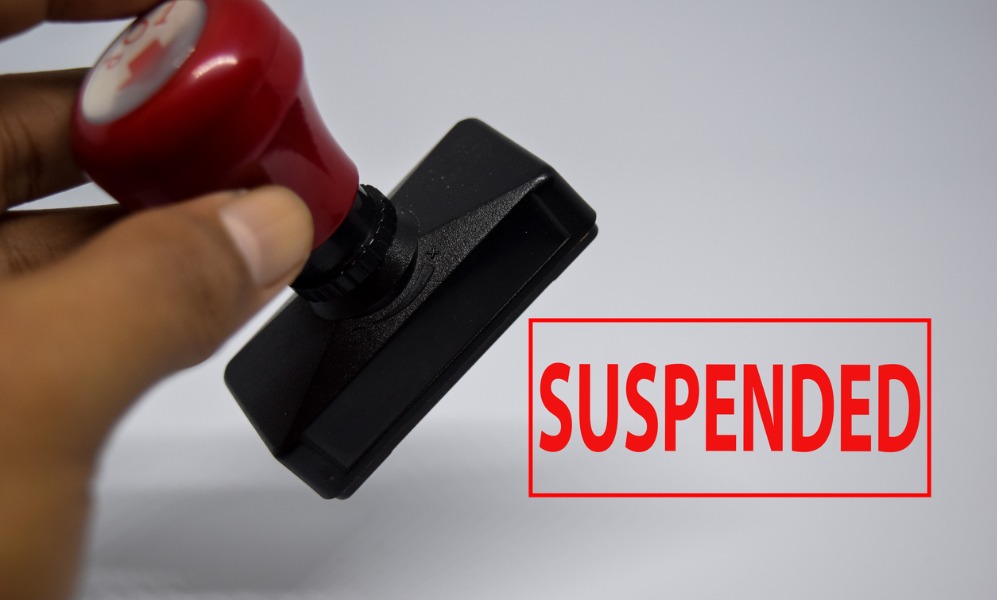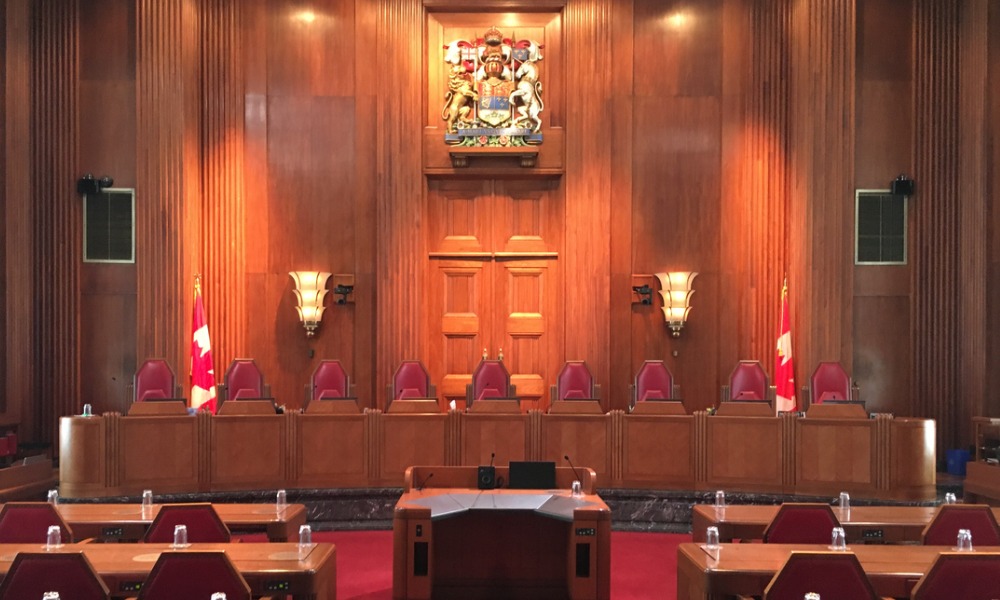The well-established legal meaning of fraud includes elements of deceit and dishonesty: court

In a recent ruling, the Ontario Court of Appeal clarified the interpretation of “fraud” under the Arbitration Act, 1991 and affirmed the finality of an arbitral award.
In Campbell v. Toronto Standard Condominium Corporation No. 2600, 2024 ONCA 218, the court addressed the meaning of “fraud” under the Arbitration Act, 1991, specifically questioning if the term encompasses “constructive fraud.” The dispute centred on an arbitral award awarded by an arbitrator to Toronto Standard Condominium Corporation No. 2600 against former unit owners, which was challenged on the grounds of fraud after the normal appeal period had expired.
The challenge was rooted in an arbitration agreement between the parties following disputes over short-term rental violations and noise complaints. The application judge had previously set aside the arbitral award, accepting that “constructive fraud” fell within the ambit of “fraud” under sections 46(1)9 and 47(2) of the act, thereby permitting the challenge beyond the standard 30-day limit.
The condominium corporation appealed, arguing that the inclusion of constructive fraud—a concept focusing more on unfairness than deceit—expanded the traditional understanding of fraud too broadly.
The Ontario Court of Appeal, scrutinizing the Arbitration Act, 1991 and relevant case law, determined that “fraud” within the act does not include “constructive fraud.” The court emphasizes the act's intent to provide a streamlined dispute resolution mechanism, highlighting arbitration's principles of efficiency and finality. The court underscored the act's restrictive approach towards allowing judicial intervention in arbitration matters, which is aligned with limiting the grounds on which arbitral awards can be challenged to ensure disputes are resolved promptly and decisively.
The court’s analysis stressed the well-established legal meaning of fraud, which necessitates elements of deceit and dishonesty, distinguishing it clearly from the broader, more equitable notion of constructive fraud. The court noted that this interpretation aims to prevent the expansion of the grounds for challenging arbitration awards beyond what parties have agreed to, supporting the fundamental arbitration principle that such proceedings should be an end to disputes rather than a precursor to further legal challenges.
Ultimately, the court allowed the appeal, finding that the application judge committed an error in his decision to set aside the arbitral award based on his conclusion that “fraud” under s. 46(1)9 and s. 47(2) included constructive fraud. The appeal court reinstated the arbitrator's original award.









